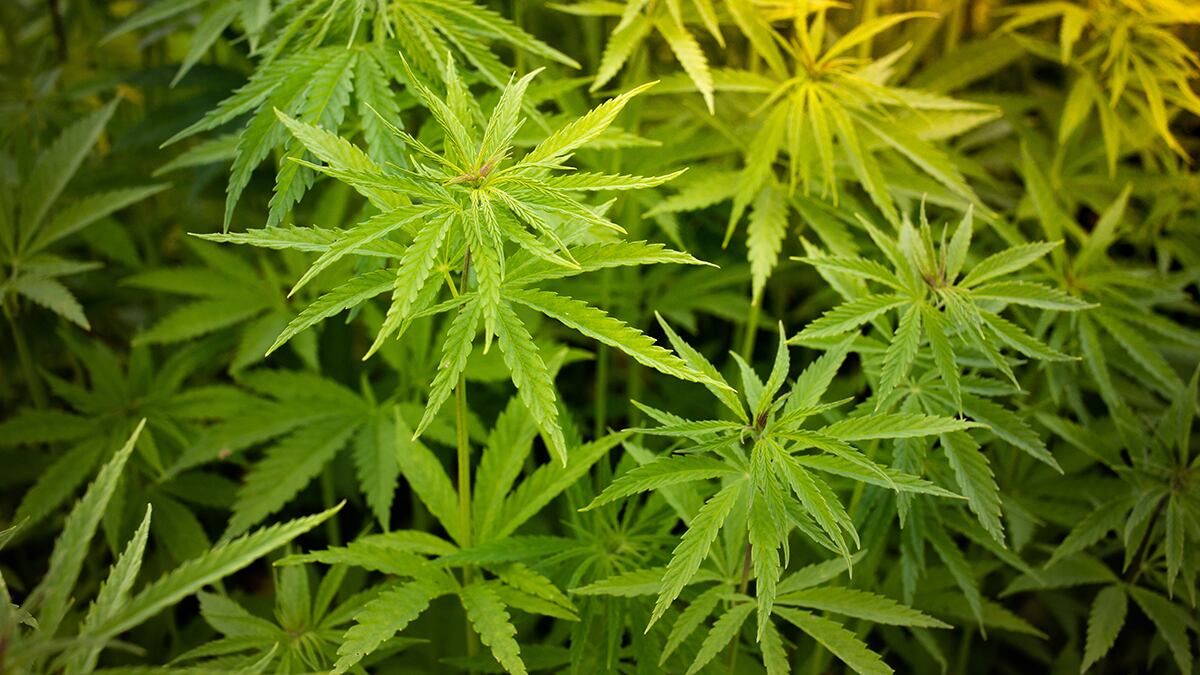One of 13 people who have sued Curaleaf over its THC-laced CBD drops has publicly settled with the Massachusetts-based cannabis company.
Ayuba Agbonkhese, 45, agreed to the company’s $50,000 settlement offer on Wednesday. Curaleaf has settled 10 of the 13 cases, but this is the first settlement where terms were publicly announced.
Agbonkhese, who lives in Idaho, allegedly fell ill after taking the drops he bought in Oregon in September and ended up in an emergency room, where he “experienced harm, including the belief he was going to die, shaking, racing heart, psychosis, discomfort, and distress, and interference with life activities,” the federal complaint, which was filed in Oregon District Court, reads.
His attorney, Michael Fuller, who represents 12 other plaintiffs who have sued Curaleaf over the same THC-laced drops, says Agbonkhese will serve as a witness in the other cases moving forward, which are likely to take place in the summer and fall.
“Though Ayuba’s case is now over, he will continue his fight to hold Curaleaf accountable for its reckless behavior,” the notice of acceptance read. “Ayuba will continue to petition for increased government regulation of Curaleaf’s operations, and for increased penalties against drug manufacturers like Curaleaf that violate the law.”
Nine of the 13 plaintiffs so far have reached settlement deals with Curaleaf behind closed doors, Fuller says.
On Jan. 1, a wrongful death lawsuit was filed against Curaleaf. The lawsuit alleges that 78-year-old Earl Jacobe used the drops last fall and died two months later, calling the drops a “substantial factor” in his death. Fuller says Agbonkhese will serve as a witness in that case, too.
The CBD drops in question were made by Cura Cannabis, a Portland company acquired by Curaleaf in 2020.
The Oregon Liquor and Cannabis Commission initially recalled hundreds of the CBD drops in September, after learning they contained undisclosed amounts of THC. Shortly thereafter, the company recalled bottles of the same brand of drops, but which were supposed to contain THC. The OLCC found that the THC drops did not, in fact, contain the psychotropic chemical as claimed.
Despite its legal difficulties, Curaleaf continues to expand. In December, it announced its upcoming acquisition of a vertically integrated cannabis company called Bloom, which has five dispensaries in Arizona, as well as cultivation and processing sites.
